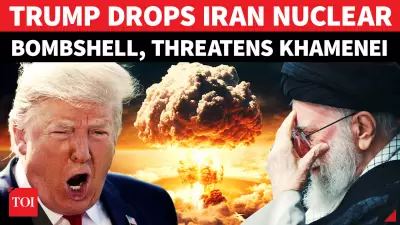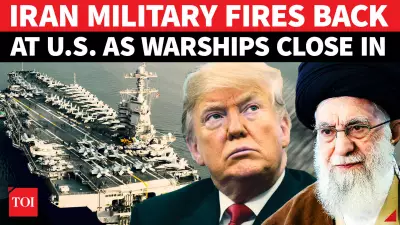
In a significant escalation of maritime anti-narcotics operations, United States forces have successfully intercepted their eighth drug-carrying vessel in the Pacific waters this year. The latest seizure underscores Washington's intensified campaign against transnational drug trafficking networks operating in international waters.
Controversial Rhetoric Escalates Drug War Narrative
Adding fuel to the ongoing debate about narcotics enforcement, Fox News personality Pete Hegseth made headlines with his controversial comparison between drug cartels and the terrorist organization Al-Qaeda. During a prime-time segment, Hegseth declared, "There will be no forgiveness" for these criminal enterprises, drawing parallel lines between the war on drugs and global counterterrorism efforts.
Strategic Pacific Operations Intensify
The successful interdiction represents part of a broader strategic initiative by US naval and coast guard assets to disrupt drug smuggling routes across the Pacific corridor. Intelligence-driven operations have enabled authorities to:
- Track and monitor suspicious vessel movements
- Coordinate multi-agency response teams
- Execute precision interception protocols
- Process evidence for international prosecution
Political Implications and Policy Directions
The escalating operations coincide with growing political pressure to address what many lawmakers are calling a "national security threat" posed by sophisticated drug trafficking organizations. The Hegseth commentary reflects a hardening stance within certain political circles that advocates for treating drug cartels with the same severity as designated terrorist groups.
While the exact quantity and type of narcotics seized in this eighth interception remain classified, previous operations have netted thousands of kilograms of cocaine, methamphetamine, and fentanyl precursors destined for North American markets.
Maritime security experts note that the consistent success of these operations demonstrates enhanced intelligence-sharing between US agencies and international partners, though they caution that traffickers continuously adapt their tactics to evade detection.






